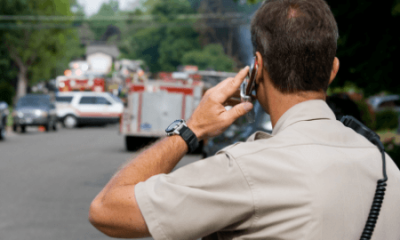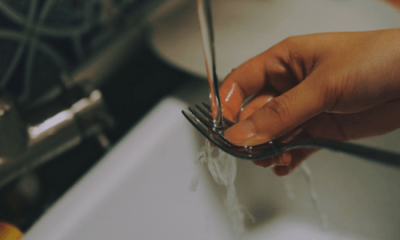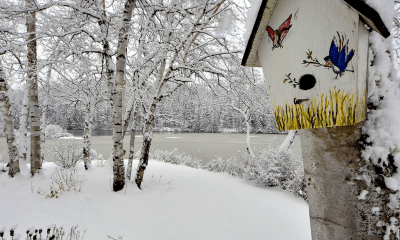How to File a Homeowner’s Property Damage Insurance Claim
1.) Notify your homeowner’s insurance company
Your insurance policy contract requires you to report the property damage claim to them promptly. Failure to do so within your contract’s stated time limit could possibly result in the denial of your claim. It is important to note that even if you must evacuate the premises of your property, you still must contact your insurance company as soon as possible. Depending on your insurance company, this can be done over the phone or online.
Once you notify your insurance company, the claims process will begin. This is an extensive, in-depth process that will require a great attention to detail and a sufficient amount of time and preparation on your behalf. The claims process involves: initial contact with the insurance company, an evaluation of your claim, negotiations, and a resolution/settlement.
For this first phase of the process, you will need the following information:
-
-
- Name
- Policy Number
- Address
- Type of claim (winter storm, hurricane, flood, fire, etc.)
- Description of damage to your home and personal property
-
2.) Secure the property and premise
Prevent additional damage to your property and the possibility of a third party becoming injured on-site by securing your home and the premise. It is your contractual responsibility as the policyholder to mitigate additional damages post-disaster. For a more in-depth explanation of your responsibilities, view our article, “Preserving and protecting your damaged property: What are your responsibilities?”
3.) Look into hiring a professional to help you through the process
After filing a property damage claim your insurance company will select an adjuster from their company to oversee your case. A common policyholder mistake is assuming that the insurance company’s adjuster is looking out for your best interests – on the contrary, the insurance company’s adjuster is looking out for the insurance company’s best interests. You have the right to hire your own set of professionals, such as a public adjuster, to help you through the claims process. Homeowner’s property damage claims are complex and time-consuming and hard to substantiate if you are not aware of the ins-and-outs of your insurance policy, jargon, and industry.
Here are some tell-tale signs you may need to hire your own professional public adjuster to help with your claim: “Four Signs You Need to Hire a Public Adjuster”
While there are many things you should be doing towards substantiating your claim to reach an appropriate settlement, there are also many things you should not be doing – such as:
Don’t
1.) Begin repairing anything until approved by insurance company
You and your insurance company should discuss and agree on necessary repairs and the cost of such repairs before making changes to your home. Note: All discussions and agreements should be documented and not solely verbal.
2.) Throw away anything
This includes receipts, damaged items, personal belongings, etc. You will need these items to prove your claim to the insurance company. Do not dispose of them until they are properly documented.
3.) Assume you have to use the insurance company’s vendors
Whether it is the insurance company’s adjuster, or a contracting company they recommend, you have the right to hire your own experts such as contractors, public adjusters, engineers, etc. And it is usually in your best interests to do so.
Additional Reading:












